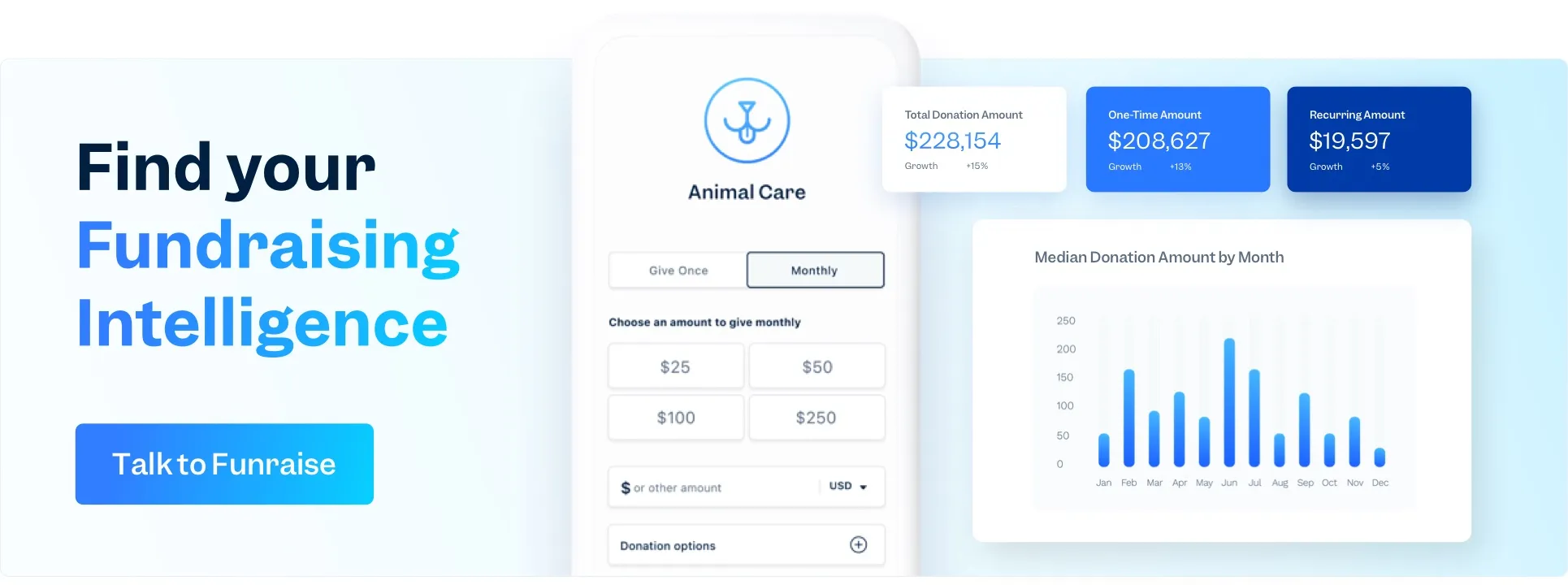Hey nonprofiteers! Please enjoy this guest post by our friends over at Harbor Compliance about the necessity of compliance for your nonprofit organization.
Most nonprofits fundraise online. Ensuring compliance with state registration, disclosure, and other requirements protects the organization, fosters trust with its supporters, and enables growth. Let's break down the basics, make the case for why, and learn how to take the next steps.
Why Should Your Charitable Organization Practice Online Fundraising?
Practically every charitable organization fundraises online. Digital fundraising is a must for today's nonprofits; it allows them to easily reach donors where they are, as well as being a cost-effective way to share information about the organization's mission.
Furthering the case for compliance, COVID-19 increased online activity, resulting in a proliferation of overall online giving and fundraising activities, and many groups have directly benefitted. This digital success means increased vigilance around established fundraising laws.
Compliance 101: Responsible governance for the professional fundraiser
If state and federal requirements are new to you, start here. Let's go over 5 facts of regulatory compliance for nonprofit fundraisers:
- Fundraising, specifically the act of solicitation, is a regulated activity in most states.
- Nonprofits are required to register annually to be able to solicit. They must also submit information like their mission, governance processes, and financial statements, including tax returns.
- Nonprofits may also be required to provide a disclosure statement to potential donors explaining how they can request more information about who’s soliciting charitable contributions.
- These fundraising regulations are in place to promote transparency and protect prospective donors from bad actors.
- Nonprofits and their board of directors should make proactive efforts to meet the requirements.
How to Meet State Requirements
The reality is that organizations that fundraise online have solicitation activity that reaches residents in multiple states, if not nationwide. Every state's forms, fees, deadlines, charitable solicitation registration, and information required when applying differ. Yes, charitable solicitation laws are complex, yet organizations have a general obligation to comply.
Organizations should take three steps in their ongoing and initial registration:
1. Assess
Assess where their current and planned solicitation activities trigger registration requirements. Consider assistance from a law firm.
2. Plan
Come up with a plan to register where appropriate and ensure renewals are filed timely. Doing it in-house is one option, but most organizations are better served by outsourcing the work to specialized providers like Harbor Compliance as this work is not core to the mission. Legal compliance through expert assistance saves hundreds of hours of staff time each year and ensures better outcomes with each state.
3. Communicate
Communicate state registration and federal tax-exempt status to donors! They will ask. Specifically, nonprofit corporations, private foundations, and public charities should meet state disclosure requirements, provide proof of registration to individual, corporate, and foundation sponsors, and ensure their organization's initial registration is in line before beginning new charitable solicitation campaigns.
The Case for Why
Many organizations perceive fundraising registration as a burden, asking whether the time and cost involved are worth it, especially if the organization has never run into an issue.
Here are a few reasons that nonprofit leaders should prioritize nonprofit compliance:
- Charitable registration is a requirement for most nonprofits, just like filing Form 990 each year. This is not optional.
- States have the ability to enforce the filing requirements necessary to achieve nonprofit status and are getting better at doing so, with more auditors on staff and better ways of collecting data (e.g., online).
- States generally take a lenient stance to orgs that register proactively, i.e., in good faith, rather than in response to a donor complaint or enforcement action.
- Organizations should take steps to follow the rules and distinguish themselves from bad actors. Nonprofit compliance fosters transparency.
- Tax-exempt organizations can use their registration status to solicit by any lawful means in that state, enabling growth.
- Overall, online fundraising compliance aligns with an organization’s online fundraising goals, which are to garner as much support from trusted donors as possible.
Fundraising Compliance: Next Steps
If your organization is encountering compliance challenges, avoid financial penalties, automatic revocation, and confusing legal requirements by tapping into the compliance expertise of the professionals at Harbor Compliance.
© 2023 Harbor Compliance. All rights reserved.
Harbor Compliance does not provide tax, financial, or legal advice. Use of our services does not create an attorney-client relationship. Harbor Compliance is not acting as your attorney and does not review information you provide to us for legal accuracy or sufficiency.































.webp)
.webp)











.webp)
.webp)

.webp)
.webp)
.webp)




